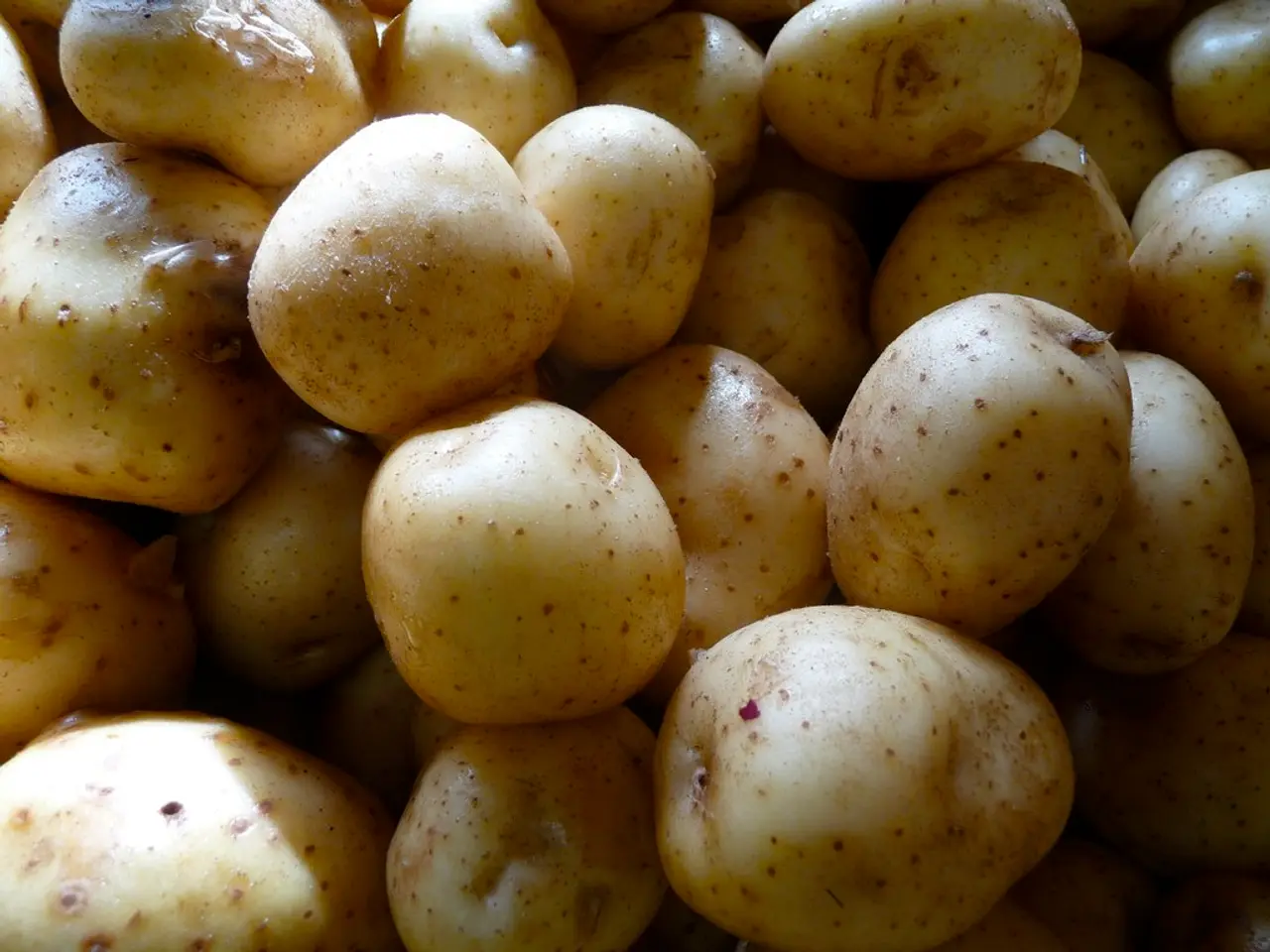Critics question achievability of Singapore's 2030 waste goal amidst plummeting domestic recycling rates
Singapore, known for its modern cityscape and clean streets, is taking ambitious steps to improve its waste management system. The Zero Waste Masterplan, part of the broader Singapore Green Plan 2030, aims to shift the nation's waste management from a linear "take-make-dispose" model to a circular economy, focusing on continuous reuse and recycling of resources [1].
The Masterplan targets three key waste streams: e-waste, food waste, and packaging waste (including plastics) [1]. Key strategies include reducing waste sent to landfill per capita by 30% by 2030, improving waste segregation at the source, raising public awareness and confidence in recycling systems, and issuing implementation rules and policies to enforce and facilitate recycling [1][2].
However, challenges remain. Singapore currently incinerates a large portion of waste, including plastics that provide calorific value for incineration, which reduces the incentive to recycle. As a result, the domestic recycling rate has fallen to a historic low of 11%, making the 30% target ambitious and requiring significant behavioural and system changes [3][5].
One of the strategies to address this is the setting up of recycling hubs by Zero Waste SG before the introduction of a deposit return scheme for beverage containers next April [4]. This move is aimed at encouraging more waste sorting before recycling.
Another issue is the contamination of recyclables in blue bins, which is high (around 40%) and undermines recycling effectiveness. Segregated bins, on the other hand, show contamination as low as 10% [3]. Raising public awareness and confidence in recycling systems is crucial to increase participation and address the current lack of motivation among residents [3].
Singapore's recycling rate for plastics, one of the developed world's lowest, remained at 5% [6]. Critics question the accuracy of data on waste in Singapore, particularly plastic recycling, as it does not provide details on recycling rates by plastic types or show domestic and non-domestic plastic recycling rates [7].
The blue bin recycling system, introduced to make recycling more convenient, has struggled to reverse a trend of falling recycling rates since it was adopted islandwide in 2011 [6]. The ongoing trade war initiated by the United States has led to a drop in the price of virgin plastic, hurting the market for recycled plastic globally [8].
Despite these challenges, Singapore remains committed to its recycling goals. The new waste management facility, featuring advanced sorting technology, has been delayed and is not expected to come online until 2027 or later [9]. Pulau Semakau, Singapore's only landfill, is expected to be full by 2035 or sooner [8].
In summary, Singapore aims to reach the 30% domestic recycling rate by strengthening its circular economy infrastructure, targeting priority waste types with policy support, improving source segregation, and fostering community engagement, all integrated within the national Green Plan framework [1][3]. The journey towards a more sustainable waste management system is underway, and it requires the collective effort of all Singaporeans.
[1] Singapore Green Plan 2030: https://www.nparks.gov.sg/green-plan-2030 [2] Zero Waste Masterplan: https://www.nea.gov.sg/our-work/waste-management/zero-waste-masterplan [3] NEA: https://www.nea.gov.sg/ [4] Zero Waste SG: https://zerowastesg.com/ [5] The Straits Times: https://www.straitstimes.com/ [6] Rheaume: https://www.researchgate.net/ [7] Puthucheary: https://www.researchgate.net/ [8] Dorai: https://www.researchgate.net/ [9] NEA: https://www.nea.gov.sg/our-work/waste-management/recycling-and-waste-minimisation/blue-recycling-bins
- To achieve its ambitious 30% waste recycling target by 2030, Singapore is focusing on corporate responsibility and sustainability by introducing policies and infrastructure improvements within a circular economy model, including the establishment of recycling hubs and the implementation of source segregation strategies.
- As part of the Singapore Green Plan 2030, the Zero Waste Masterplan aims to improve sports participation and public awareness by encouraging active community engagement in recycling efforts, which are key strategies in promoting the SDG's objectives of responsible consumption and production.








